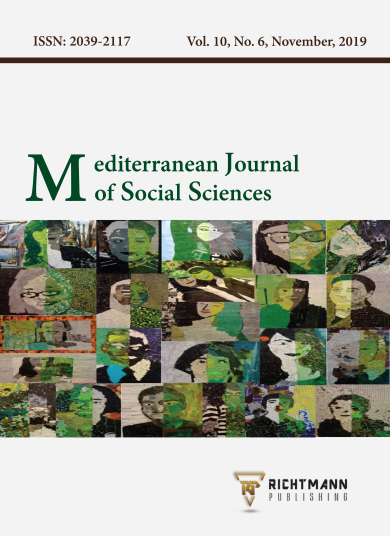Issues in Acceleration of Establishment of Domestic Wastewater Regulation in Indonesia
DOI:
https://doi.org/10.36941/mjss-2019-0082Abstract
Statistical data showed that in 2017 only 67.89% household in Indonesia had access to proper sanitation. On the other hand, the National Medium-Term Development Plan targeted 100% universal access in 2019 that means in 2019 each household should have access to proper sanitation. However, the 2017 data of the Ministry of Public Works and Public Housing showed that, only 34, out of 541 municipalities/ cities in Indonesia, have domestic wastewater regulations. This study aims to identify some issues hindering acceleration of the establishment of regional regulations on wastewater management; the goal of the regulations is 100% universal access in 2019. Establishment of domestic wastewater management regulation in the regions in Indonesia is hampered by multisectoral regulation in the national level that is closely related to the domestic wastewater sector. Domestic wastewater management is influenced heavily by the regulations in other sectors. Health, public housing and drinking water are three sectors connected to domestic wastewater. However, Indonesian government simplified domestic wastewater management in the regional level by putting Ministerial Decree on Domestic Wastewater Management System as the major guideline in establishment of local regulations.Downloads
Downloads
Published
2019-11-10
Issue
Section
Articles
License
Copyright (c) 2019 Victor Imanuel W. Nalle, Martika Dini Syaputri, Priskila Fransisca Haryono

This work is licensed under a Creative Commons Attribution-NonCommercial 4.0 International License.
This work is licensed under a Creative Commons Attribution-NonCommercial 4.0 International License.
How to Cite
Issues in Acceleration of Establishment of Domestic Wastewater Regulation in Indonesia. (2019). Mediterranean Journal of Social Sciences, 10(6), 84. https://doi.org/10.36941/mjss-2019-0082











